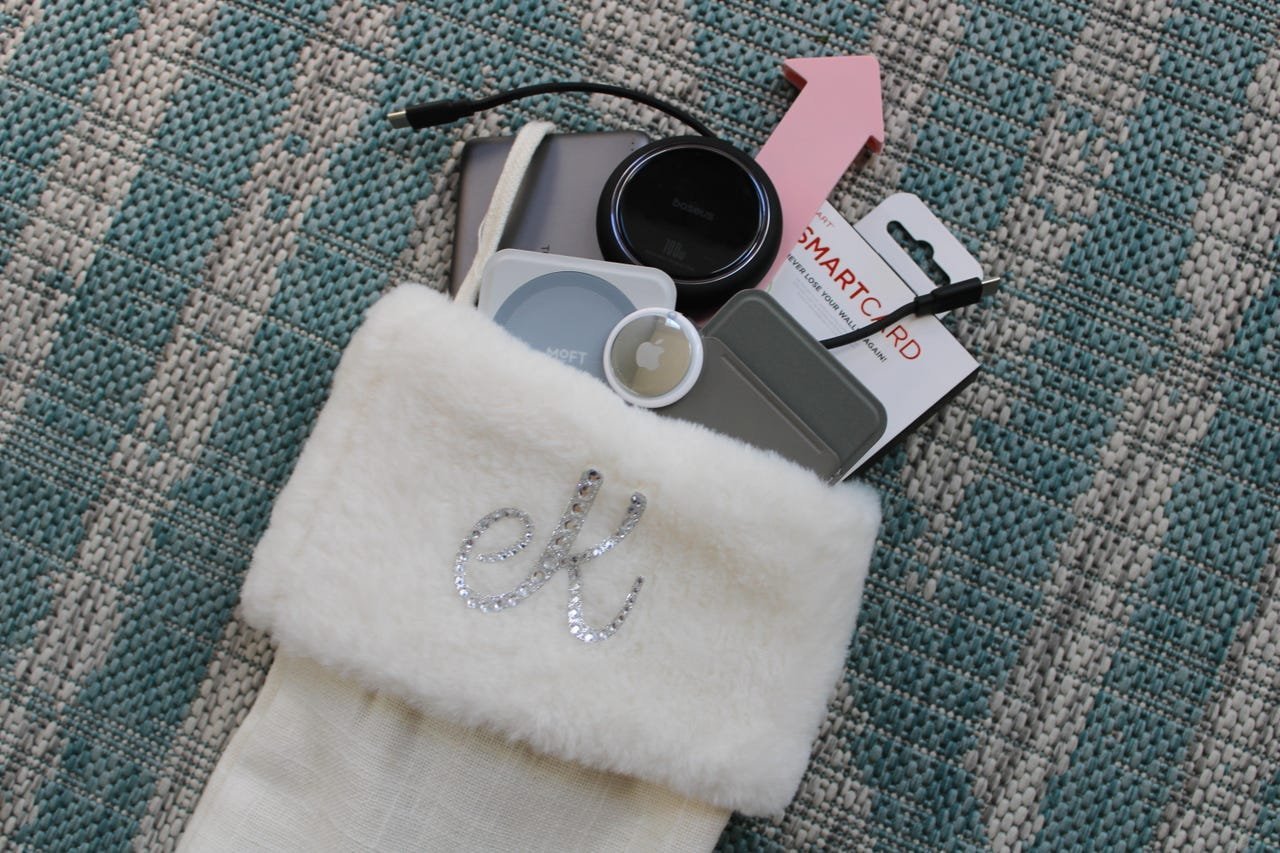With 87% of shoppers fearing rising tech prices and shortages this holiday season, a new CNET survey reveals urgent strategies for developers and tech enthusiasts. Learn how early planning, smart tools, and expert research can save you hundreds while ensuring coveted devices don't vanish before checkout.

As holiday decorations gather dust in storage, a silent alarm is sounding for tech consumers: nearly nine out of ten shoppers anticipate painful price hikes and scarcity in gadgets this season, according to a recent CNET survey. With tariffs and inflation squeezing wallets—and products like the Nintendo Switch 2 likely to vanish quickly—developers and tech professionals can't afford to wait for Black Friday. The data shows millennials plan to spend over $1,070 on tech alone, making strategic shopping not just savvy, but essential. Here’s how to navigate the chaos, based on insights from ZDNET’s shopping editor Kayla Solino.
The Looming Holiday Tech Squeeze
Tariffs and supply chain bottlenecks have converged to create a perfect storm. The CNET survey, polling holiday shoppers, found 52% specifically fear cost surges in electronics, while 23% dread shortages—a concern amplified for high-demand items like gaming consoles or next-gen iPhones. As Solino notes, "Retailers stockpile holiday inventory as early as August, but scarcity will hit hardest for those who delay." This isn't just about gifts; it's about securing tools for work and innovation. Developers eyeing new laptops for coding or AI researchers needing GPU upgrades must act preemptively, or risk paying premiums—or missing out entirely.
Five Battle-Tested Strategies for Tech Buyers
1. Map Your Purchases Like Code With the average U.S. shopper budgeting $931 for tech, planning is non-negotiable. Solino urges treating purchases like a project roadmap: "Define your stack—whether it’s a productivity-boosting tablet or smart home gear—and track prices early." Tools like Google Shopping or Keepa visualize price histories, revealing if that "sale" is genuine. Why start now? October’s Prime Day (confirmed for Oct. 7-8) offers a dry run for holiday deals, letting you lock in prices before November’s frenzy.
2. Research Like You’re Debugging Never buy tech without stress-testing reviews. "Consult expert analyses, like ZDNET’s hands-on evaluations, to avoid buyer’s remorse," advises Solino. For big-ticket items, visit stores to assess ergonomics—will that ultraportable laptop fit your dev setup? Scarcity clues hide in plain sight: if shelves are bare now, expect holiday shortages. This proactive approach transforms uncertainty into confidence.
 A stocking full of tech. Kayla Solino/ZDNET
A stocking full of tech. Kayla Solino/ZDNET
3. Embrace the Early Adopter Mindset Fifty-six percent of shoppers are buying tech by October, and you should too. Waiting for Cyber Week is risky—many items, especially newer releases, won’t see deeper discounts. Solino warns, "Popular or older models (think discounted Apple Watches) will evaporate first." For engineers, this means securing development boards or cloud-compatible devices now ensures uninterrupted workflows. Remember: ports flood with holiday shipments months early, so strike while stock is plentiful.
4. Leverage Tools as Extensions of Your Workflow Eighty-nine percent of shoppers deploy cost-cutting tactics, with 37% comparing prices across retailers. Automate this with CamelCamelCamel for Amazon trends or Rakuten for cashback—Solino herself earned $500 using such tools. Developers, integrate these into your routine: set alerts for components like GPUs or Raspberry Pis. As Solino puts it, "Why manually hunt deals when algorithms can snipe them for you?"
5. Stockpile Essentials Like Dependencies Beyond flashy gadgets, target essentials—batteries, cables, chargers—during sales. These often see pre-holiday tariffs, making Prime Day bulk buys a shield against inflation. For tech teams, it’s akin to caching resources: ensure your home office or lab never halts for want of a $5 adapter. Solino shares, "I stock wellness gear annually—it combats both stress and surprise costs."
In a landscape where inflation acts as silent malware on budgets, these strategies are your firewall. For developers and tech leaders, early action isn’t just frugal—it’s a competitive edge in securing the tools that power tomorrow’s innovations. Start now, or risk your holiday code compiling to 'out of stock' errors.

Comments
Please log in or register to join the discussion